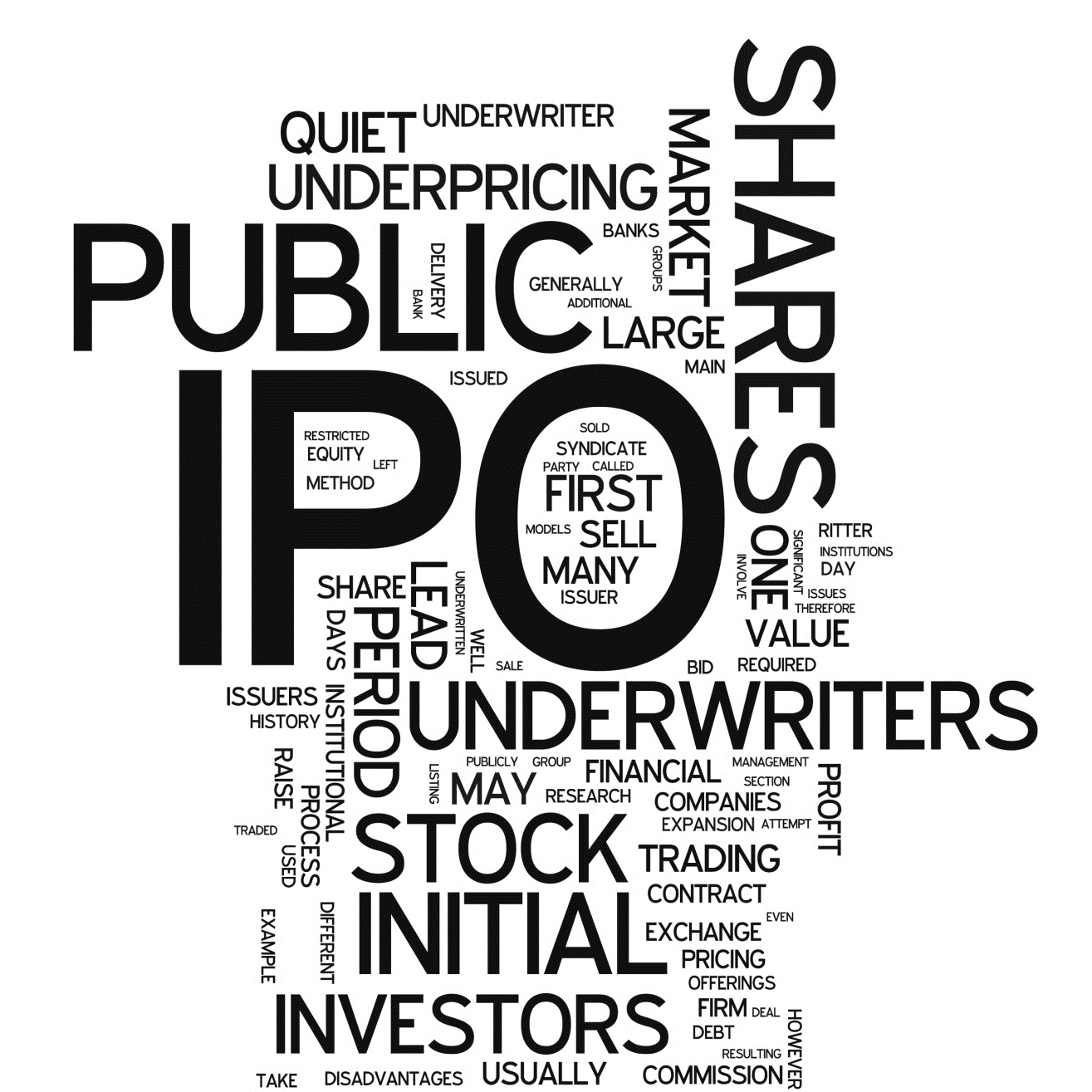
This post may contain links from our sponsors and affiliates, and Flywheel Publishing may receive
compensation for actions taken through them.
All three initial public offerings (IPOs) on last week’s calendar were, in fact, completed, but the results were mixed at best. That’s more than we can say for the full year, though, which had the distinction of being the worst for IPOs on a dollar basis since 2003 and the worst since 2009 on a volume basis.
Online travel company Travel BV (NASDAQ: TRVG), better known as trivago, raised $287 million on the sale of 26.1 million American Depositary Shares (ADSs) at $11, below the expected range of $13 to $15. ADSs popped 7.7% for the Friday offering.
WildHorse Resource Development Corp. (NYSE: WRD) raised $413 million on the sale of $27.5 million at $15 per share, well below the expected range of $19 to $21. Shares popped just 0.4% for the day and closed the week down 0.9%.
Belgium-based TiGenix raised $36 million on the sale of 2.3 million ADSs at a 14% discount to the converted price of the Euronext-listed shares. Its first day drop of 24.5% was the worst first-day performance of the year.
Through the week ending November 25 IPO ETF manager Renaissance Capital reported that 105 IPOs have priced in the U.S. so far this year, down about 38% from a year ago. Total proceeds raised through last week equaled $18.8 billion, also down about 38% compared with the same period in 2015. Of the 105 IPOs that have gone off this year, 42 have come from the healthcare sector. Last year’s IPO total came in at $30 billion on 170 offerings. Renaissance Capital does not include “best efforts” or blank-check companies in its totals, nor does it include IPOs that raise less than $10 million.
There are no IPOs scheduled for the coming week or the week after. Renaissance Capital has released its 2016 review of the IPO market and here are some of the things the firm had to say:
[T]he US IPO market should have produced high levels of issuance in 2016. Instead, proceeds fell to their lowest level since 2003 and activity was the worst since 2009. This seemingly contradictory year can be explained in part by the market freefall in the 1Q that resulted in numerous postponements, the Brexit vote in the 2Q and the US presidential election in the 4Q. However, that doesn’t explain the 800-pound gorilla still in the room: the two-year drought in technology IPOs, the bread and butter of the IPO market.
[W]e believe that tech IPO activity will pick up significantly in 2017 and 2018, breaking the long IPO Recession of 2015-16.
The lack of tech IPOs is the result of a mismatch between public-private valuation. Some venture-backed tech companies have valuations at almost impossibly high levels. Ride-sharing giant Uber, for example, was valued at $68 billion in early 2016 based on capital raises. Those investors may want to sell, but the IPO price may not be high enough to justify that sky-high valuation.
On the plus side, streaming music leader Spotify has basically committed to an IPO this year after 10 years as a privately held firm. The company is valued at around $8 billion. Snap, developer of mobile app Snapchat, has already filed for an IPO to raise around $4 billion at a valuation of $20 to $25 billion.
Other tech IPOs that may file for an IPO in 2017 include data analytics firm Palantir, social media site Pinterest, cloud storage provider Dropbox, and global accommodations network Airbnb.
One last note. There were just five energy IPOs in 2016 compared with 30 in 2014, the year of the big bust in crude oil prices. Those five IPO’s raised just $1.5 billion, or about 5% of the 2016 total. In 2012, 25 energy IPOs raised $7.3 billion, or 20% of the year’s total. The coming year may be kinder to energy IPOs given the incoming Trump administration’s support for new fossil fuel production.
Cash Back Credit Cards Have Never Been This Good
Credit card companies are at war, handing out free rewards and benefits to win the best customers. A good cash back card can be worth thousands of dollars a year in free money, not to mention other perks like travel, insurance, and access to fancy lounges. See our top picks for the best credit cards today. You won’t want to miss some of these offers.
Flywheel Publishing has partnered with CardRatings for our coverage of credit card products. Flywheel Publishing and CardRatings may receive a commission from card issuers.
Thank you for reading! Have some feedback for us?
Contact the 24/7 Wall St. editorial team.





